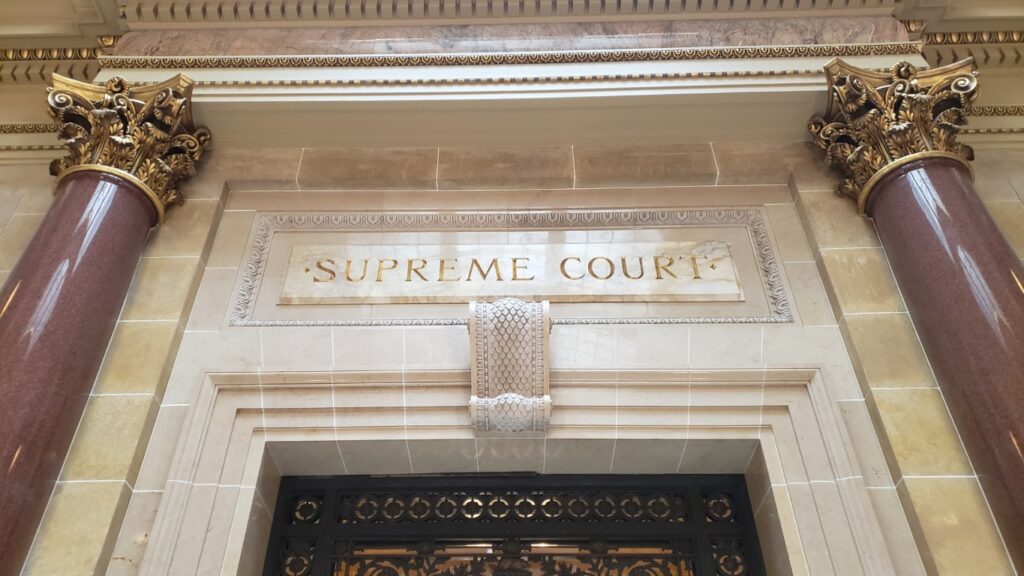Visit WisPolitics-State Affairs for premium content,
keyword notifications, bill tracking and more
Home » Featured » Investigation fails to identify who leaked draft Supreme Court order in abortion suit

A court-ordered investigation failed to definitively identify who was responsible for the leak of a draft order signaling the justices would hear a lawsuit seeking a declaration the Wisconsin Constitution protects the right to an abortion. On her final day as chief justice, Annette Ziegler released the conclusion of the private investigation she sought into the leak, which she called “a ...